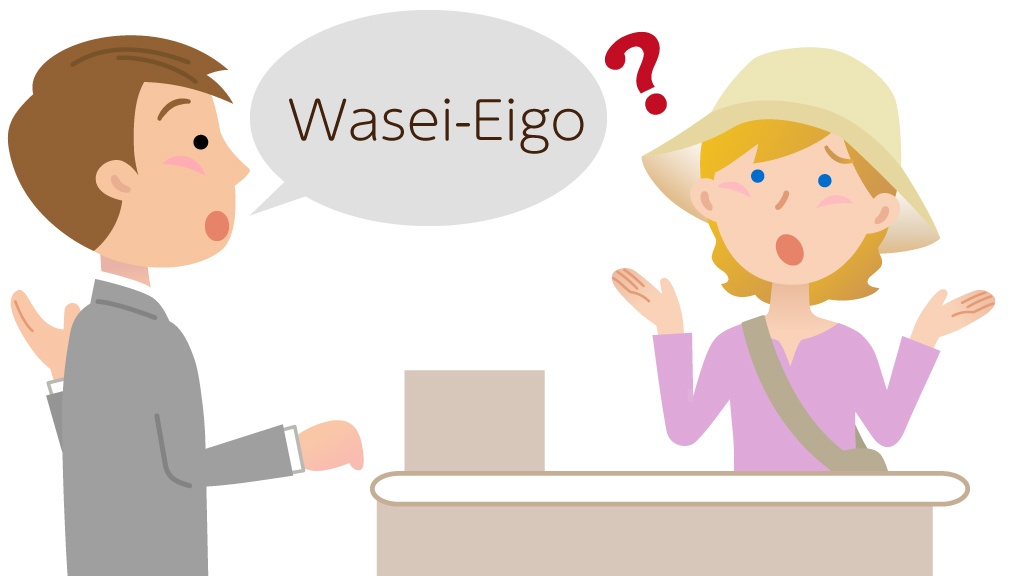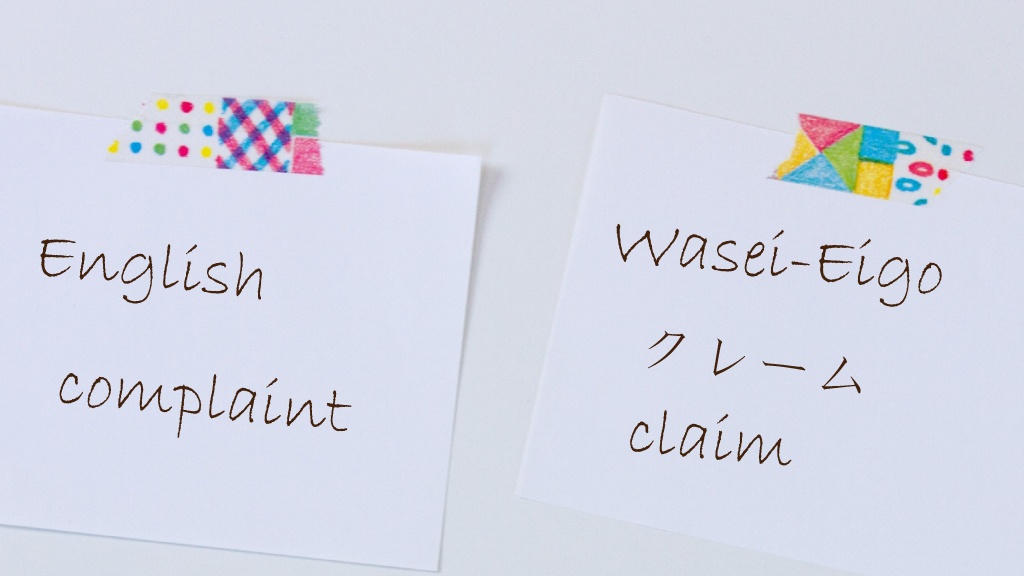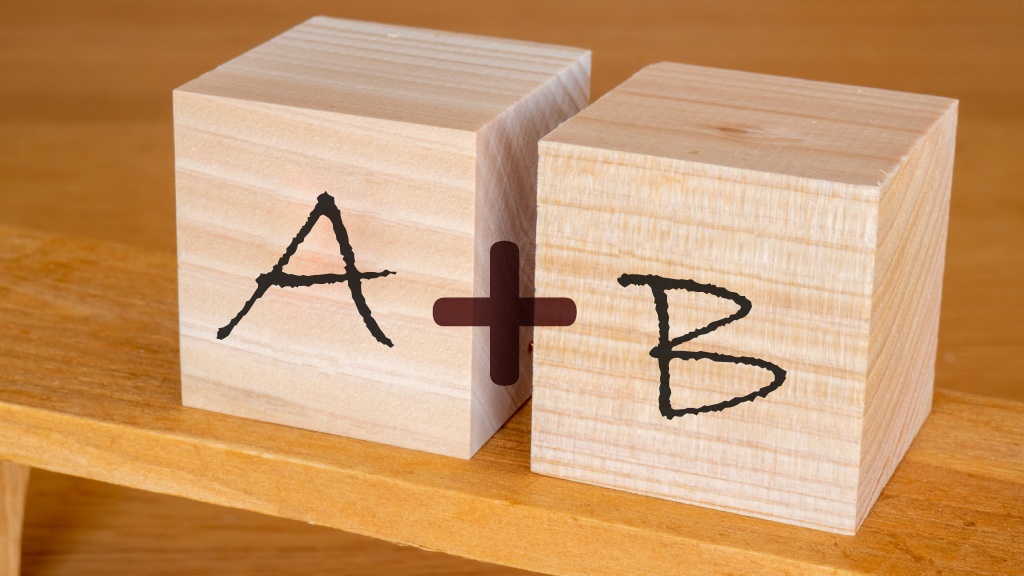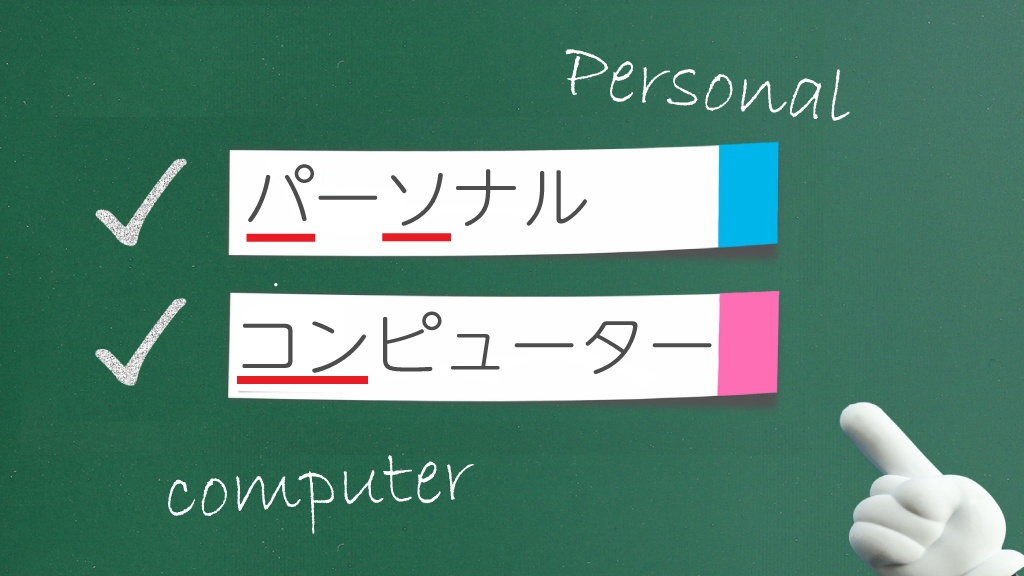Strange English words used by Japanese people, such as “SNS” and “Social Distance”-“Wasei Eigo”

This post is also available in 日本語
Many types of “Wasei Eigo (Japanese-English / Jinglish / Loanwords)” are used in Japan. Wasei Eigo refers to combining and modifying simple English words, to make words original to Japan. Wasei Eigo includes not only English words, but also words deriving from other languages.
This is different from “Gairai-go”, which are the various katakana words inherited from Western countries, and sometimes the meaning is not communicated to, or is mistaken by, foreigners. Both “gairai-go” and Wasei Eigo are written in katakana characters, so are may be referred to as “katakana English”. On this occasion, I will introduce you to some Wasei Eigo that is often used in the workplace.
Contents
Wasei Eigo that is used with a different meaning to the original English words

SNS
Meaning: social media / social networking sites
SNS is an acronym made up of the initials for social networking service or social networking sites. Originally, this had the meaning of sites for connecting to people, such as Facebook or Twitter. However, its interpretation has broadened in Japan, and sites for sharing images and videos, such as Instagram or YouTube are also referred to as social media or SNS. This is an acronym that is rarely used abroad, but it is now used commonly in Japan.
Social Distance
Meaning: social distancing / physical distancing
Originally, this had the meaning of “sense of psychological distance” in sociology, and was apparently used to refer to the exclusion of a particular individual or group. However, currently in Japan, it has taken on the meaning of “maintaining physical distance between people” as a measure for preventing infection.
Claim
Meaning: complaint
This can be thought of as Wasei Eigo originating from the word “claim” in English; however, rather than the terms meaning “assertion or demand” in Japanese, this is used with a meaning closer to “complaint or dissatisfaction”. Further, a person who frequently makes complaints is called a “claimer”, rather than a “complainer”.
Service
Meaning: service / special / treat / free / freebie
The word “service” in Japanese has an extremely wide range of meanings. Of course, it has the same meaning as in English, but it also means “volunteer service to somebody”, give hospitality to a customer, provide a discount in commerce, or add on a freebie.
Wasei Eigo created by combining English words

After service
Meaning: after-sales service / customer support
This refers to a manufacturer or a dealer etc. providing maintenance or repair of a product for a customer.
Base up
Meaning: a pay scale raise / a pay scale increase
This does not refer to the promotion of an individual, but rather an increase in the base salary or base rate for all employees working at a company. This may be hard to understand as it is not a concept present in Western countries. The word “base up” may be further abbreviated to “bea”.
Wasei Eigo for which the origin is unclear

Consent
Meaning: outlet / socket
This refers to the part of the wall where you insert power plugs in order to send electricity to electrical appliances over wires within the building. The meaning for this term is also mixed with that of a power plug. For example, when people want you to pull out the plug, they may say “pull out the consent”.
Wasei Eigo made by shortening English

Paso-kon
Meaning: personal computer
Paso-kon is abbreviated Wasei Eigo for personal computer. Laptops used to be referred to by the word laptop in Japan as well, but as they have become more lightweight, they are often referred to as “Note Paso-kon”, due to the fact that they can “be opened and closed, and have high portability, like notes”.
Miss
Meaning : mistake
When you fail at something, this is called a “miss”. The word “mis” derives from “mistake”. This is often used in combination with other words, for example, if you type the wrong character, this is a “type miss”, if you lack care leading to failure, this is a “careless miss”, and if you do not fail even once, this is called “no miss”.
Seku-hara
Meaning: sexual harassment
Seku-hara is abbreviated Wasei Eigo for sexual harassment. Power harassment (abuse of authority) s referred to as “pawa-hara”, and “moral harassment (emotional abuse / psychological abuse) is also called “mora-hara”.
Others
- Appli: application
- Appo: appointment
- Infle: Inflation
- Defle: deflation
- Nego: negotiation
Ever-increasing number of Wasei Eigo words
There are many examples of Wasei Eigo words around us in our everyday lives. Recently, there has been a movement to “use correct English, rather than Wasei Eigo”, but the number of Wasei Eigo words continues to increase. There are many words that Japanese people are using without being aware if they are Wasei Eigo or English. Why don’t you try deepening interaction with Japanese people around you by quizzing them on whether a certain word is “Wasei Eigo or English”?
- Apply on UV Cream Without Getting Your Hands Dirty! Why not Have This Handy Puff?
- So Popular Character “Chiikawa” Cheers You Up! Improve Your Arched Back!
- If You Want to Improve Your Sleep Quality, You Should Change Your Pajamas! 3 Recommended Pajamas
- Conveniently 2-Way! This Product Is Useful in Both Summer and Winter.
- Easily Exercise at Home! Fashionable Design Lifts You!









